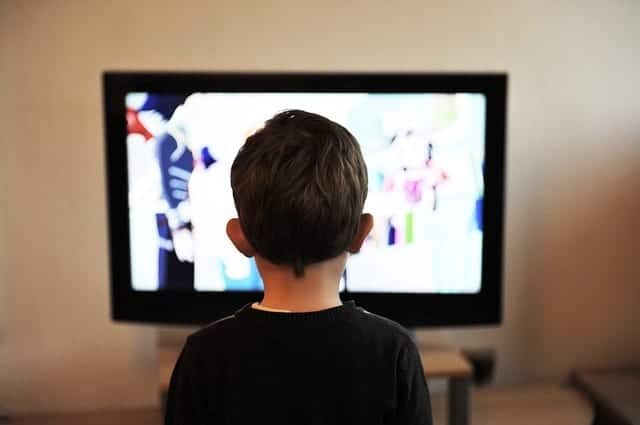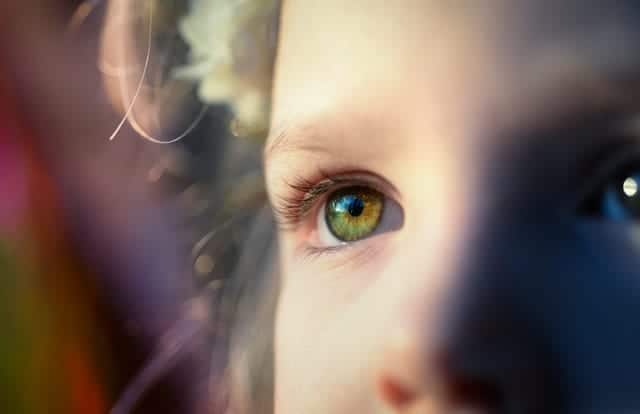
After the massacre in Gaza last week, I wondered what happens to our children when they witness such sad images. And it is not the only situation in which I make these reflections: natural disasters, a shooting at a school, a fire in a building, a plane crash, etc.
How can a little head programmed for immediacy and fun take on images of death and destruction? How can we avoid and / or minimize the impact? In truth, our minors are exposed to a huge amount of inappropriate stimuli that can interfere with healthy development. You will tell me that there is nothing else to do: that they live in this world and that we want to or not find out what happens in it.
However, the family is the last barrier of protection, because within it relationships based on love and trust are established, because consequently positive values can be transmitted, and also because the family can and should articulate measures so that the childhood of the children resembles as much as possible a magical and hopeful place… At least during what we know as "early childhood."
According to the American Academy of Pediatrics, anyone who performs educational work with children must be able to filter the information so that the little ones can assimilate, adapt and face different situations. Situations that will be near or far, but that will undoubtedly affect them when they are very young because after witnessing them there are fears, unresolved doubts and uncertainty.
At what age can we let the little ones expose themselves to information about disasters?

Taking into account that until adolescence they will not have abstract thinking, and adapting to what the natural development of a person is during the first years of life, our children should stay away (and consequently free) from hopeless images and content.
But that is not our reality, so at a minimum, let's avoid viewing the news if they are less than 7/8 years old, and restrict the content accessed through the Internet. It is our responsibility, because more or less consciously, the main mission of mothers and fathers (in addition to caring) is that grow up healthy, happy and free, and build their future adulthood on these pillars.
Nowadays there are so many ways to be aware of what is happening in the world, that for us it should not be a problem to turn off the television or eliminate the shortcuts to information channels that are arranged on the desktop of our smartphone. We will always have a moment to get closer to reality: before they wake up, after they go to bed, in the free half hour after leaving them at school, during coffee, etc.
What do I tell them and what do I keep quiet?

And in addition to that question, the 'how' is important, and about that at any age (remember that in principle it is healthier to avoid these facts if they are very young) The first thing is to ask them «what have you heard? What have they seen?. It does not matter if they have witnessed a news while you are next to them, what counts is the vision or interpretation of the child.
That is if they ask, and we can also establish a dialogue with very basic data, and avoiding giving too many details. The person who takes care of the child must be sincere (not hide but not misrepresent) and speak calmly, which includes mentioning (if it is the case) that the place of the events is far away, although that does not mean that 'we are not worried'.
From the age of 10 it is also advisable to encourage them to ask and ask questions, and encourage critical thinking, especially when it comes to international disasters, or actions driven by certain political or religious ideologies. At these ages we should not be directives, because children are little people independent of us, and in order for them to assert their opinion in the future, now is the time to validate and respect it, also showing what our values are.